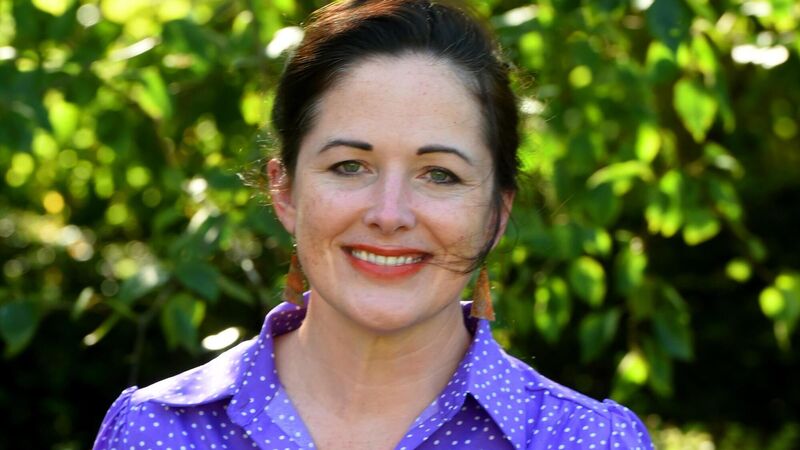Diary of an Irish Teacher: Do we need to slow things down and stop the scramble in our schools?

Jennifer Horgan. Pic: Larry Cummins
My mornings involve trawling through odd socks to find a pair. Or the closest thing to a pair.
Our odd socks are kept in what my children call a ‘sock mansion,’ an ever-growing plastic box on top of the freezer. Perfect pairs are up in their bedrooms of course, but by the time we’re making the final scramble out of the house, we’ve no time to get them.







